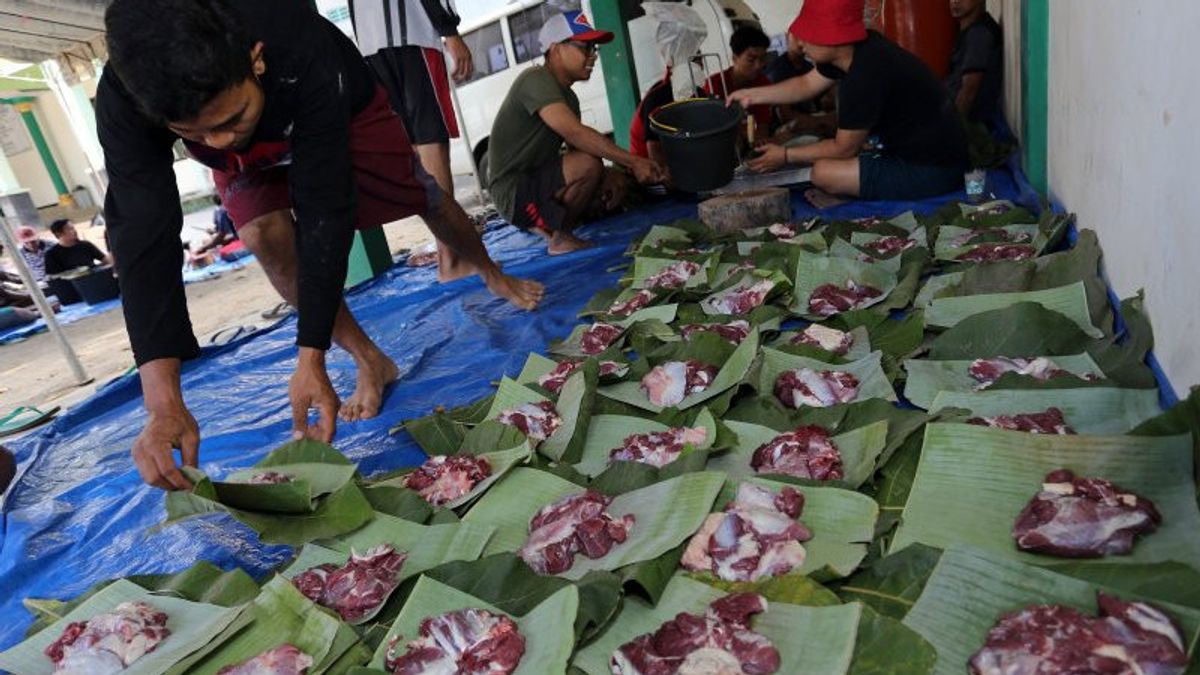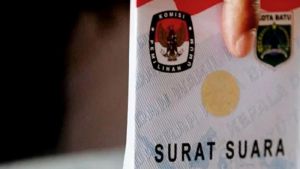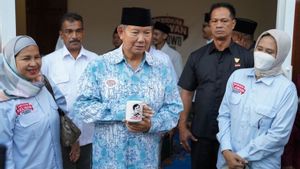JAKARTA - The DKI Jakarta Provincial Government continues to monitor the distribution of sacrificial animals entering Jakarta ahead of Eid al-Adha 2023.
Head of the DKI Jakarta Food, Maritime and Agricultural Security Service (KPKP), Suharini Eliawati, said that her party was actively examining the health of sacrificial animals, including the provision of recommendations for animal supply.
"Indeed, until last Wednesday, there were already approximately 78 suppliers of sacrificial animals. We have asked for a recommendation for permission from us," he said when contacted, Monday, June 5.
Since last year, livestock in Indonesia have been faced with the spread of mouth and nail disease (PMK). The government has also intervened in handling this disease.
Apart from PMK, another disease that was anticipated ahead of Eid al-Adha 144 Hijriah was lumpy skin disease aka LSD. LSD is a disease in cattle and buffalo caused by the pox virus.
Since information related to the incidence of LSD disease in several provinces, especially in Central Java, the KPKP Office has carried out prevention and control efforts by vaccinating LSD against cattle farm bags in East Jakarta and South Jakarta.
"We also conducted socialization about LSD disease in February 2023 and socialization of LSD vaccination to animal health workers and breeders in DKI Jakarta by inviting academics and the chairman of the Indonesian Veterinary Association (IDHSI) as resource persons," he said.
SEE ALSO:
In addition, the KPKP Service is also coordinating with agencies in charge of livestock and animal health functions and veterinary authority officials from livestock supply areas to DKI Jakarta, namely Central Java, East Java, West Java, Banten, DIY, Lampung, Bali, NTT, and NTB related to the anticipation of LSD and PMK.
"Actually PMK and LCD are not diseases that can be transmitted from animals to humans or vice versa. But of course this causes economic losses to the farmer and it could become illegal for sacrificial animals because they are not in accordance with Islamic law," he said.
Suharini continued, every livestock entering Jakarta must go through a quarantine process, before being sold to the public. This is done to see the potential for diseases carried by animals.
So far, continued Suharini, no sacrificial animals have been found entering Jakarta with both diseases.
"Until now, no (infectiousities have been found). Hopefully nothing will happen. So we tighten it and we hold coordination meetings with supply areas between East Java, Central Java, villages and even that," said Suharini.
"What is found is usually a disease of fatigue in the eyes and it is immediately treated by our officers in the field," he said.
The English, Chinese, Japanese, Arabic, and French versions are automatically generated by the AI. So there may still be inaccuracies in translating, please always see Indonesian as our main language. (system supported by DigitalSiber.id)

















